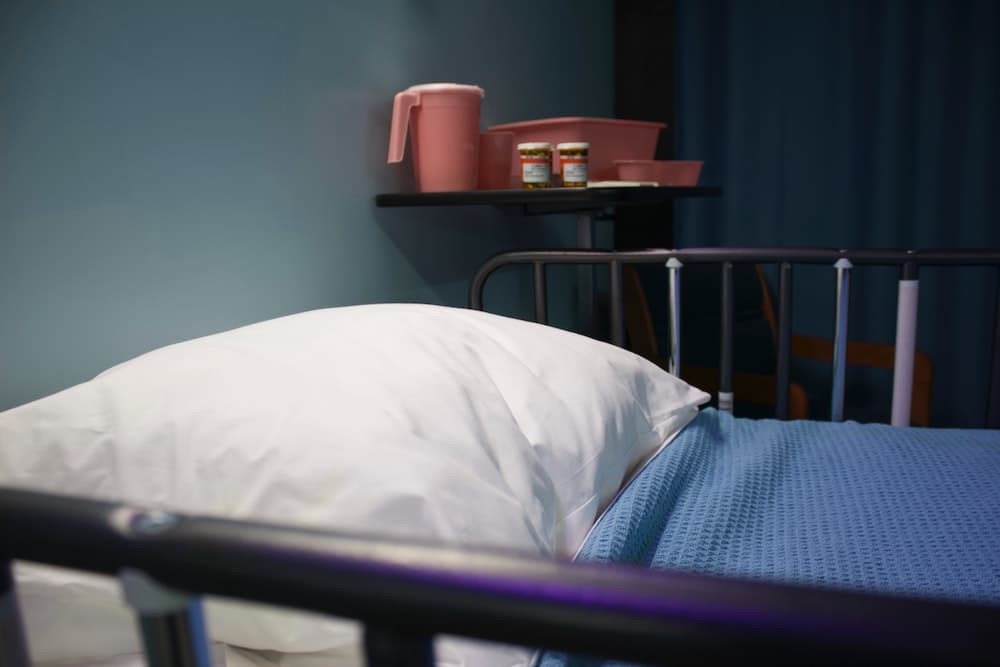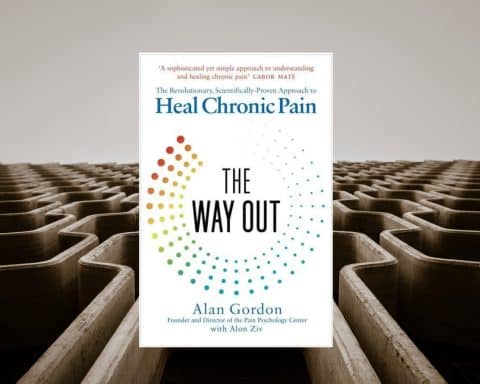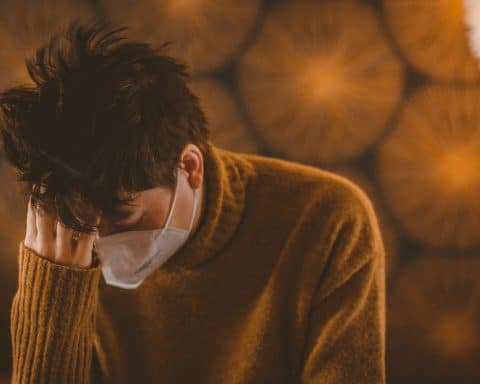Authors: Denise Kendrick is Professor of Primary Care Research at the University of Nottingham School of Medicine. Raymond Agius is Emeritus Professor of Occupational and Environmental Medicine at the University of Manchester. Martin McKee is Professor of European Public Health at the London School of Hygiene & Tropical Medicine. John Robertson is Professor of Surgery at the University of Nottingham School of Medicine. Herb Sewell is Emeritus Professor of Immunology at the University of Nottingham. Marcia Stewart is Emeritus Principal Lecturer at De Montfort University.
To our knowledge, ten GPs have now died from COVID-19° and 180 NHS staff were reported in the news° to have died as of 18th May 2020. Whether our colleagues contracted the virus at work or whether they were provided with adequate protection in their workplaces is, at present, not known. Without adequate investigations into these deaths, these questions will remain unanswered and lessons will not be learnt to prevent future deaths.
We have previously highlighted the need for COVID-19 deaths to be reported to the coroner to ensure they were adequately investigated.(1-3) The Chief Coroner issued guidance on COVID-19 deaths° and possible exposure in the workplace on 28th April 2020. This makes it clear that “there are some instances where a COVID-19 death may be reported to the coroner, such as where the virus may have been contracted in the workplace setting”. It also states that “if there were reason to suspect that some human failure contributed to the person being infected with the virus, an investigation and inquest may be required” and “If the coroner decides to open an investigation, then he or she may need to consider whether any failures of precautions in a particular workplace caused the deceased to contract the virus and so contributed to death”.(4)
Our colleagues deserve more than being remembered with a one-minute silence. Each and every one of their deaths deserves adequate investigation.
GPs also have a duty of care to their employees, who may have been exposed to Covid-19 during the course of their work in primary care. They have a legal responsibility to report COVID-19 deaths (or proven disease) which may have been work related under the terms of the Reporting of Injuries, Diseases and Dangerous Occurrences Regulations (RIDDOR).(8) These state, “if there is reasonable evidence that someone diagnosed with COVID-19 was likely exposed because of their work you must report this as an exposure to a biological agent ….. An example of a work-related exposure to coronavirus would be a health care professional who is diagnosed with COVID-19 after treating patients with COVID-19”.(8)
Our colleagues deserve more than being remembered with a one-minute silence. Each and every one of their deaths deserves adequate investigation. All COVID-19 deaths among health and social care workers occurring to date, as well as deaths going forward should be referred to the coroner. In addition, GPs should refer deaths of any workers with Covid-19 to the coroner where it is suspected that the virus may have been contracted in the workplace. However, most deaths of such workers will occur in secondary care and GPs will not be responsible for their notification. What we can do is help raise awareness amongst all doctors of the need to notify these deaths and report all deaths or proven COVID-19 infections of GP practice staff under RIDDOR. This is the least we can do for our colleagues and other workers who may have put themselves in harm’s way during the course of their work.
References
1. Robertson JFR, Stewart M, Kendrick D, Sewell HF. Covid-19: Protect health and social care workers and refer their deaths to the coroner. https://blogs.bmj.com/bmj/2020/04/21/covid-19-protect-health-and-social-care-workers-and-refer-their-deaths-to-the-coroner/ (4 May 2020, date last accessed)
2. Agius RM. Doctors’ deaths from covid-19 should be reported to the coroner. BMJ 2020; 369 doi: https://doi.org/10.1136/bmj.m1622 (4 May 2020, date last accessed)
3. Agius RM, Covid-19 and Health at Work. Occupational Medicine, kqaa075, https://doi.org/10.1093/occmed/kqaa075 (4 May 2020, date last accessed)
4. Chief Coroner. Covid-19 Deaths and possible exposure in the workplace. Guidance No37. 2020. https://www.judiciary.uk/wp-content/uploads/2020/04/Chief-Coroners-Guidance-No-37-28.04.20.pdf (4 May 2020, date last accessed)
5. Chief Coroner. Reports to Prevent Future Deaths. Guidance No5. 2013. https://www.judiciary.uk/wp-content/uploads/2013/09/guidance-no-5-reports-to-prevent-future-deaths.pdf (4 May 2020, date last accessed)
6. Shah H. Regulation 28: Report to Prevent Future Deaths (Ref: 2020-0045). https://www.judiciary.uk/wp-content/uploads/2020/03/Mohan-Acharya-2020-0045-Redacted.pdf (5 May 2020, date last accessed)
7. Salter DM. Regulation 28: Report to Prevent Future Deaths (Ref: 2019-0500). https://www.judiciary.uk/wp-content/uploads/2020/03/Thelma-Joyce-2019-0500-Redacted.pdf (5 May 2020, date last accessed)
8. Health and Safety Executive (UK). RIDDOR reporting of COVID-19. https://www.hse.gov.uk/news/riddor-reporting-coronavirus.htm (4 May 2020, date last accessed)
Featured photo by Bret Kavanaugh on Unsplash






